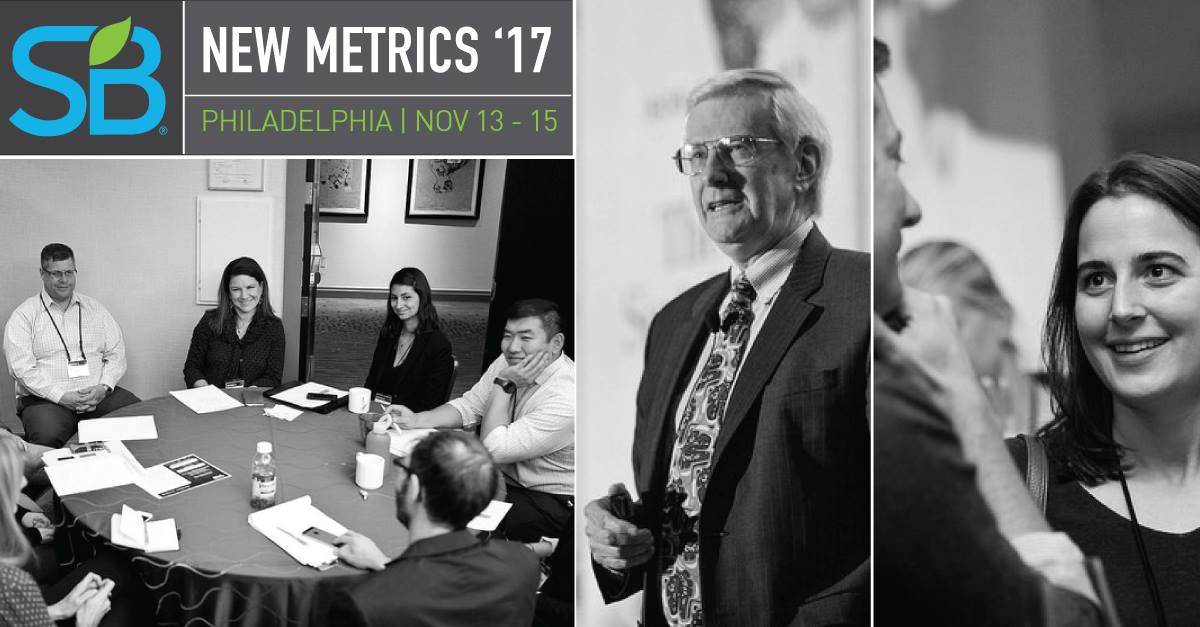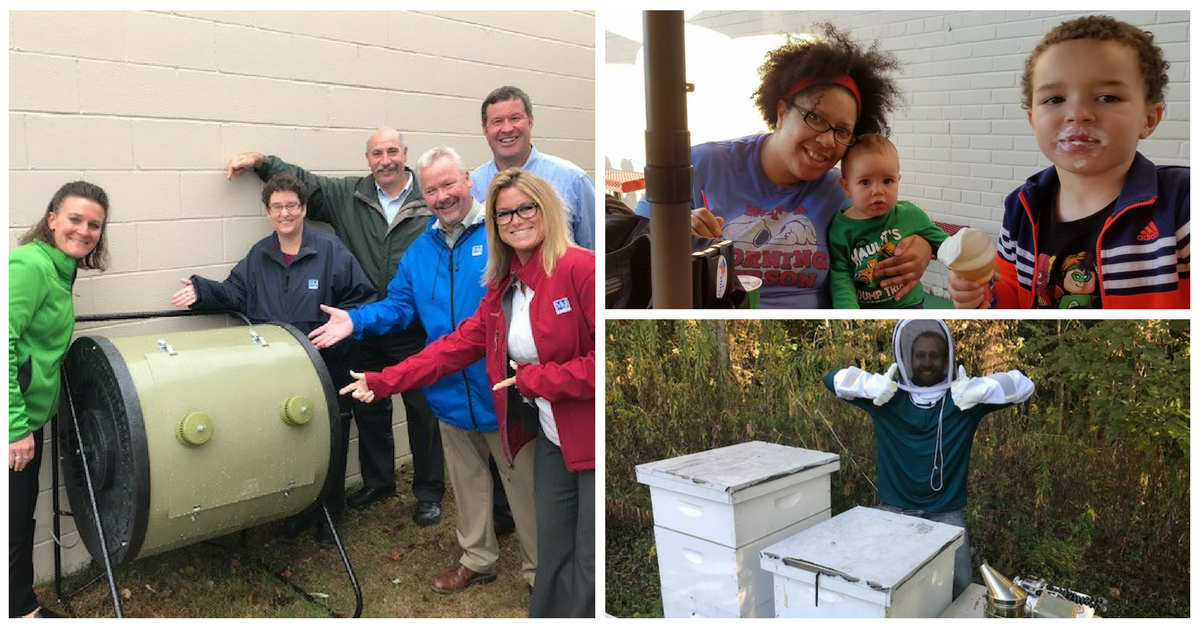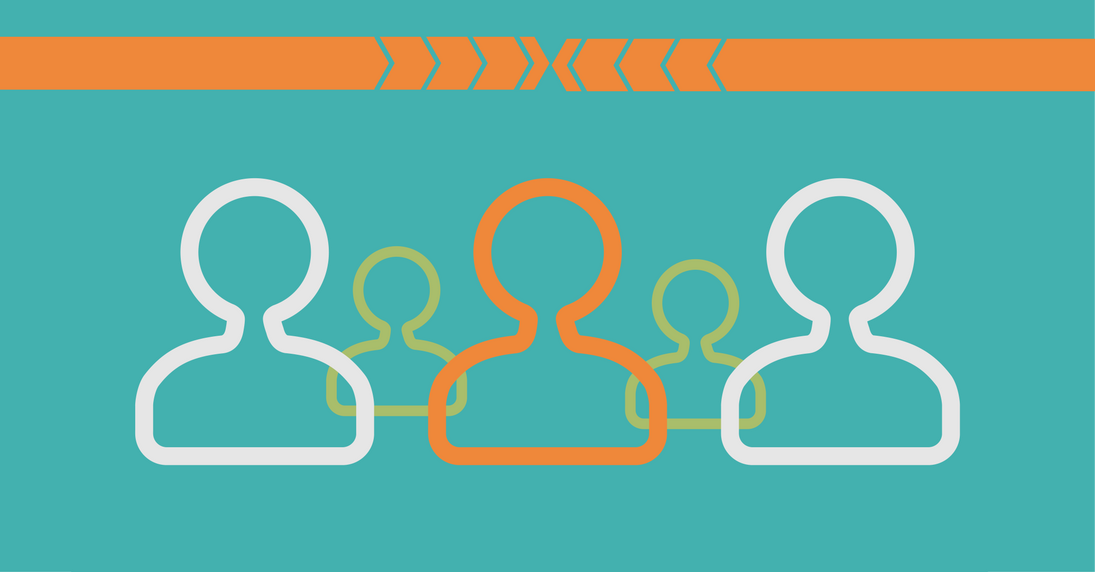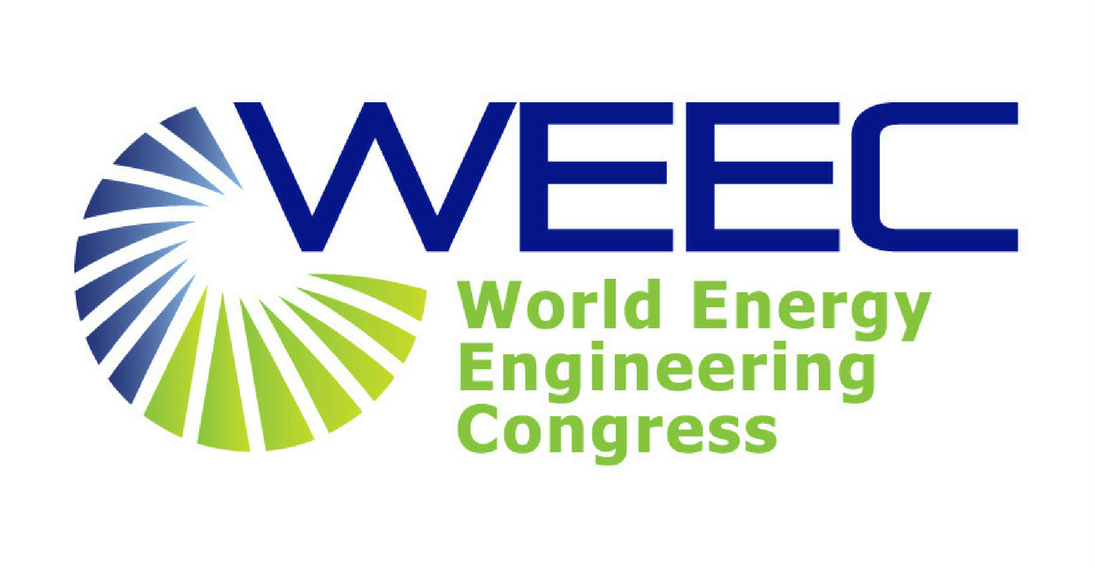Tag: employee engagement
Cool Choices at Sustainable Brands New Metrics ’17

Cool Choices was proud to be a sponsor of the Sustainable Brands New Metrics 2017 conference this year in Philadelphia, PA. New Metrics is a gathering of forward-thinking organizations that are motivated to implement new ways to create, measure, and communicate business value.
Instead of wondering how to “be profitable and see what we can do about sustainability,” leading companies are now working to measure – and reduce – the total social cost of doing business. And it’s an exciting conversation!
Waukesha County Made A Lot of Cool Choices

In September Cool Choices partnered with various local entities in Waukesha County, Wisconsin on a community scale sustainability program. That program is now complete – ending on November 10, 2017. Below are highlights from the data participants shared with us via our game-based platform. We are excited to report on this data and the achievements of the program, which make it a true success for Waukesha County businesses and residents.
Building Momentum Around Sustainability

Environmental sustainability is one of those interesting fields where being successful can make your work more challenging going forward—reducing waste gets harder and harder as you have less waste to eliminate.
Delivering Short and Long-Term Sustainability Results
From the onset, the team at Cool Choices has been obsessed with results. Perhaps it’s to be expected: we’re a nonprofit, with a mission of inspiring voluntary actions that reduce emissions associated with climate change. More, the scale of the challenge we faced—inspiring behaviors (which is always difficult, even at the personal level) to address climate change (an issue that can feel insurmountable)—was both hard and important, not leaving a lot of room for error.
Addressing Employee Suggestions: A Real World Challenge
“The suggestions from building occupants can get pretty overwhelming – how can I be responsive, as you recommend, when we can’t address everything immediately?”
Engaging Employees to Accelerate Sustainability Efforts
We say it a lot as an explanation of what we do; “we help companies accelerate their corporate sustainability efforts via employee engagement.”
But how exactly does employee engagement accelerate sustainability?
Optimizing Energy Efficiency: The Engineers Are On It
Last week I attended the World Energy Engineering Congress (WEEC), a gathering of engineers focused on energy and energy efficiency.
Principles to Increase Sustainability Successes
We talk to a lot of sustainability leads and it’s not unusual to hear them say that they feel isolated. As the only one advocating for conservation, the lead may feel no one else really “gets” the many ways sustainability leads to profitability. Too often, sustainability professionals are seen as separate and distinct from the primary functions of the organization, they do not have a seat at the table, and they feel isolated or that they are perceived as “policing.”
Speak Up! Share How You’re Hitting Sustainability Goals!

While the US government scales back its response to climate change, businesses are taking the lead in reducing resource use, cutting emissions and eliminating landfill waste. There are nearly constant headlines about the efforts of big companies—from Apple’s efforts to transition from newly mined minerals to recycling used components to Unilever’s overall leadership that helps it attract and retain talent—examples abound.







